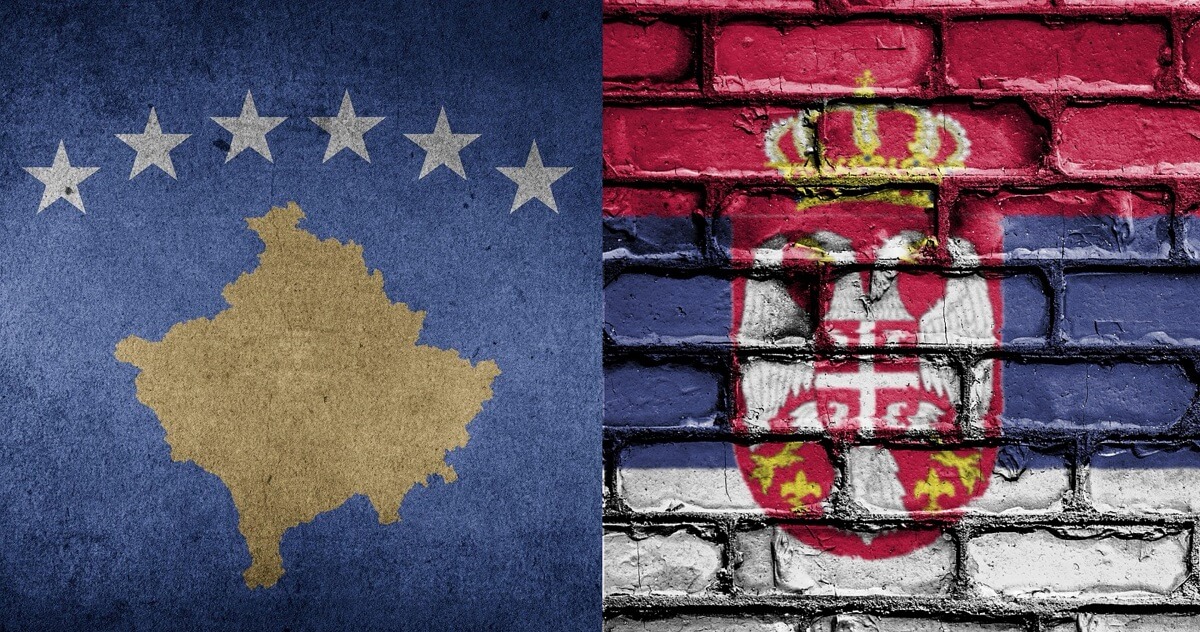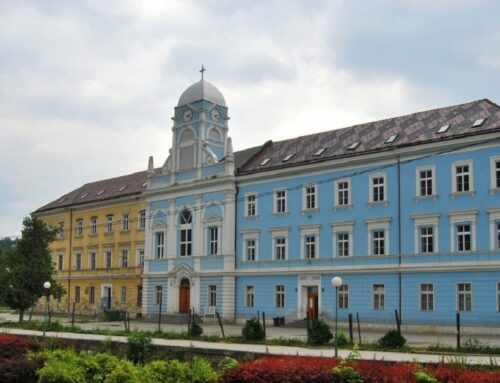Hadžera Duharkić
The enduring tensions between Serbia and Kosovo have fueled regional instability, marked by intricate political maneuvers, escalating tactics, and external interventions. The article delves into the deceptive strategies at play, the goals and tactics pursued, and the roles of key players such as Russia, the European Union (EU), the United States (USA), and potentially Turkey and China. It also offers insights into the probable outcomes of this volatile scenario.
The Serbia-Kosovo conflict revolves around the dispute over Kosovo’s independence. Serbia considers Kosovo an integral part of its territory, rooted in historical and cultural ties, while Kosovo declared independence in 2008, which is recognized by over 100 countries but not Serbia. Ethnic tensions between Serbs and Albanians in Kosovo have fueled the conflict, with Serbs predominantly living in the north and Albanians in the rest of the region. The conflict has seen periods of violence, including the Kosovo War in the late 1990s, prompting NATO intervention. Efforts towards reconciliation and normalization have been ongoing, including talks brokered by the European Union, but issues such as minority rights and territorial sovereignty remain contentious. Several agreements have been made over the last two decades.
However, these agreements have often been violated by both sides. The dispute hampers both countries’ aspirations for European Union membership and regional stability. In the Serbia-Kosovo conflict, both sides have employed strategic deception to further their agendas. Serbia aims to maintain influence over Kosovo, employing tactics like backing Serbian enclaves within Kosovo, obstructing Kosovo’s international recognition, and stoking nationalist sentiments. Meanwhile, Kosovo seeks full independence, utilizing diplomatic channels and bolstering security measures to counter Serbian opposition while leveraging its alliance with the USA. Russia, a historic ally of Serbia, has played a pivotal role in perpetuating tensions by supporting Serbia’s stance on Kosovo, using its UN Security Council veto, and fostering ties with Serbia to challenge Western influence. Russian-Serbian relations are characterized by historical, cultural, and religious ties, with Russia often seen as a key ally and supporter of Serbia. Russia has historically supported Serbia diplomatically, particularly during periods of conflict, such as the Kosovo dispute. Economic cooperation, especially in the energy sector, has strengthened ties between the two nations. Additionally, Serbia has tried to maintain a neutral stance on Russia’s actions in Ukraine and has supported Russia’s position on certain international issues, fostering a close relationship. However, Serbia also seeks to balance its ties with the European Union, complicating its relationship with Russia at times.
The EU has attempted mediation but faces obstacles due to internal divisions, enabling Russia’s interference. U.S.-Kosovo relations are characterized by strong diplomatic ties and U.S. support for Kosovo’s independence. The United States played a significant role in the Kosovo War in the late 1990s and has since been a leading advocate for Kosovo’s sovereignty and territorial integrity. The U.S. was among the first countries to recognize Kosovo’s independence in 2008. American support has included military assistance, economic aid, and political backing, contributing to Kosovo’s development and stability. Kosovo’s pro-American stance has led to close cooperation in various fields, including security and governance. However, challenges remain, particularly in areas such as corruption and ethnic reconciliation, where the U.S. continues to provide assistance and guidance.
Turkish and Chinese involvement in the region, however, remains mostly in the economic sphere. Still, this involvement could complicate the conflict further. China has not yet recognised Kosovo’s independence and the relations between China and Kosovo in that sense remain non-existent. China’s economic investments in Serbia and the region, coupled with its neutrality on Kosovo’s independence, pose additional complexities that could impact the conflict dynamics.
Resolving the Serbia-Kosovo conflict remains uncertain due to deep-rooted grievances and nationalist sentiments. While diplomatic efforts offer a pathway to reconciliation, the geopolitical competition among Russia, the EU, and the US, along with potential involvement from Turkey and China, could exacerbate tensions. The region faces continued instability unless concerted efforts are made to address these complex dynamics. Russian and Western interventionism in the Balkans has historically been shown to cause further complications and issues; perhaps the countries that have been involved the most in the region should reconsider their stances on interventionism for the sake of the region’s stability and development.
Sources:
https://journals.openedition.org/balkanologie/517
https://en.wikipedia.org/wiki/Russia–Serbia_relations
https://www.jstor.org/stable/153958
https://en.wikipedia.org/wiki/Kosovo–United_States_relations
https://www.state.gov/u-s-relations-with-kosovo/
https://thediplomat.com/2023/12/the-implications-of-china-serbia-relations-for-kosovo/
https://dialogue-info.com/agreements/
Picture: https://pixabay.com





